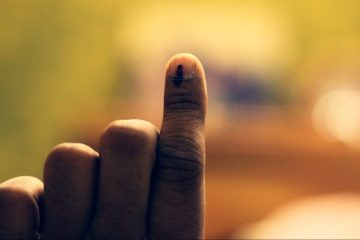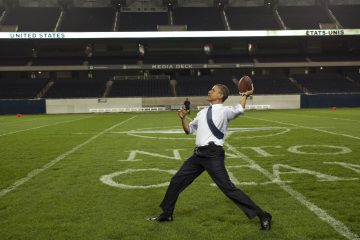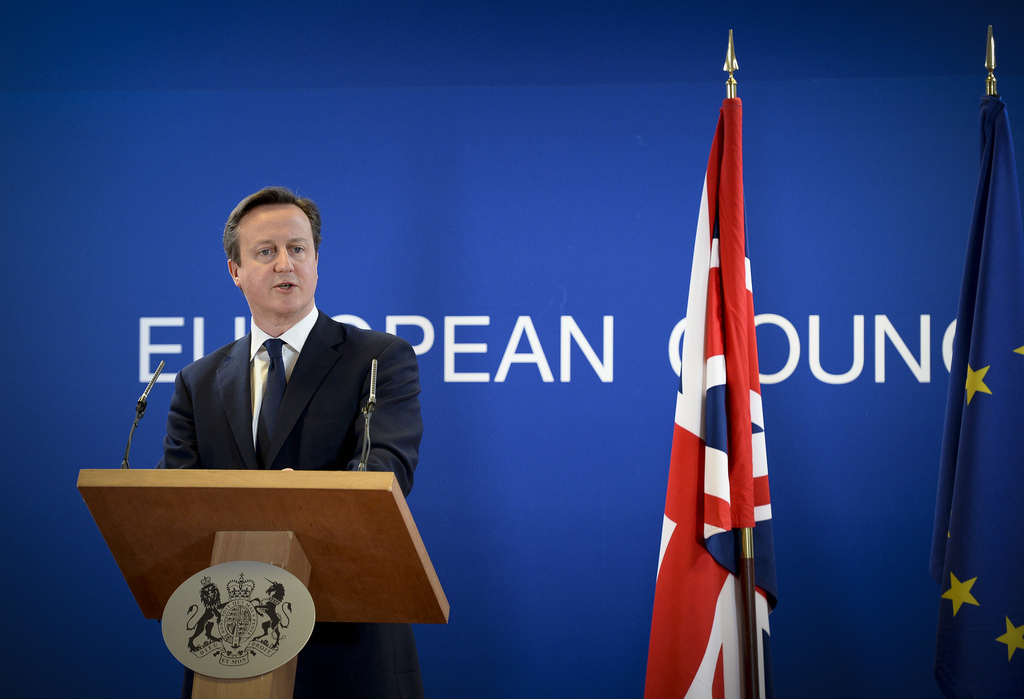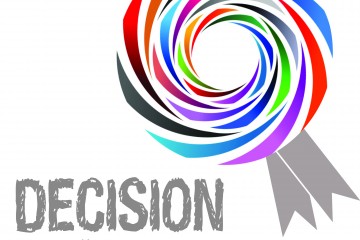
OxPol Blogcast. Politics, Re-Imagined — Media, Identity and Misinformation with Rasmus Kleis Nielsen
How can media organisations reach those who feel the news is not for them? And is our current age of fake news fundamentally different from the past? Tune in as our host Cassandra van Douveren speaks to Dr. Rasmus Kleis Nielsen, the Director of the Reuters Institute for the Study of Journalism and a Professor of Political Communication at the University of Oxford to discuss these questions. Rasmus’ work focusses on the changing role of the news and media in our societies. His recent book, Avoiding the News: Reluctant Audiences for Journalism (2023), written with Benjamin Toff and Ruth Palmer, explores why particular audiences are reluctant to follow the news and how this can be addressed. He has also written …

Eyes Wide Shut: Seeing and Being Seen in Late Modernity
Since the 2013 Snowden revelations, public concern over privacy issues has reached a shrill register, regularly amplified by periodic new scandals. Anxious computer owners, following the lead of Mark Zuckerberg, have taken to covering their cameras with bits of tape. Messaging services tout their end-to-end encryption. Researchers from Harvard Business School have started investigating the effectiveness of those creepy online ads that seem to know a little too much about your preferences. And behind all of these trends sits an uneasy public: according to a 2014 Pew Research Center Poll, fully 91% of Americans believe they have lost control over their personal information. Ian Bogost in The Atlantic names the enemy behind the assault on our privacy: It’s “a hazy …

Cultural Citizenship in India: Politics, Power, and Media
My new book Cultural Citizenship in India: Politics, Power, and Media (Oxford University Press, 2016) analyses the role which cultural participation, understood in terms of media representation, plays for citizenship. Drawing on the hypothesis of Mitra (2012), that citizenship is a two-dimensional concept, comprising of a legal right to the soil and a moral affiliation to it, the book explores the question of the ways in which people ‘belong’ to a nation as citizens. Based on the assumption that the nation is an imagined community created through discourse (Anderson, 1983), the moral side of citizenship is understood in cultural terms, and in analogy to the two-dimensional model noted above, is explored in terms of the rights and duties granted to groups …

True news or right news? The parallel media universe of the Austrian Freedom Party
Some say Austria dodged a bullet last year. After an acrimonious year-long election campaign the Alpine nation elected Alexander Van der Bellen, a veteran Green Party politician, as president last December. He had a margin of 7.5 points over his far-right rival candidate, Norbert Hofer. Centrists, social democrats and liberals all over Europe breathed a sigh of relief, the Guardian remarked. In least in one country, nativist populism had been defeated. Yet, those worried about right-wing populism should not claim victory too soon. The far-right managed to build a strong online presence in this election—one that they will capitalise on in the future. Austria’s 2016 presidential election Austria’s vote echoes some of the most divisive aspects of the US elections held shortly …

Primaries as Sports and Spectacle: Sports Metaphors in Twenty-First Century Presidential Primary Debates
‘The Brawl Begins’, an article about the 2016 primaries in The Economist provides the most overt manifestation of how a discourse of sports has permeated contemporary political reporting. Describing elections as a “jaw-dropping spectacle” or referring to the Iowa caucuses as the “opening round” in a political boxing match, a prime example of horse-race journalism, is particularly prevalent in presidential primary elections. This is due to the lengthening of the primary period and the truism that the “newsworthiness of what a candidate says about public policies is limited” because “once a candidate makes known his position on an issue, further statements concerning that issue decline in news value”.[1] In these elections, televised debates – which Craig Allen Smith compares to the Super Bowl, …

Social media is changing our digital news habits – but to varying degrees in US and UK
Digital technology has dramatically reshaped the news and media industries in the past decade. We’ve left behind a world where established news brands could rely on reaching large audiences and hence secure advertising revenues. Now there is huge uncertainty about business models, even as digital gives consumers more convenient access to news than ever before. The emergence of new players, including BuzzFeed and The Huffington Post, coupled with the growth of social networking, the introduction of smartphones and the evolution of online advertising, have contributed to a media landscape that is changing at considerable speed. We’ve been tracking the ways in which news habits online have been changing since 2012, when we launched our first survey from the Reuters Institute …

The referendum on EU membership: a very British affair
The UK referendum on EU membership may be many months away but with David Cameron laying out his stall with other European leaders, we should be clear that we are embarked on the journey and already some way down the track. It is easy to think of referendums as one-shot deals but in reality they are not. Rather, referendums are long-term games and in this case the game was started in 2013. And it’s easy to think of this as a European process, but whatever grand meals may be consumed in other European capitals, this is very much a result of domestic British politics. The EU referendum is largely down to domestic drivers and the result will likely be shaped as much by the party politics between and within UK parties as by European factors.

Forecasting elections with social media? Yes, we can. Almost…
With the failure of traditional forecasting methods to accurately predict the outcomes of the UK General Election of May 2015, can social media based predictions do any better? In this article, Andrea Ceron, Luigi Curini, and Stafano M. Iacus (University of Milan and VOICES from the Blogs) find that supervised and aggregated sentiment analysis (SASA) applied in proportional electoral systems produces the most accurate forecasts of election results.









